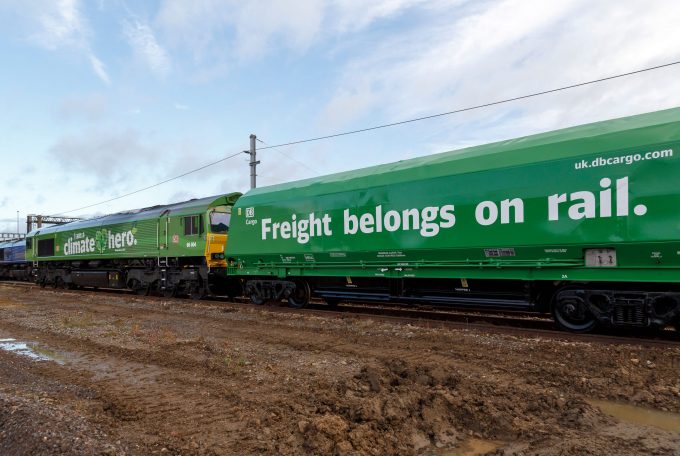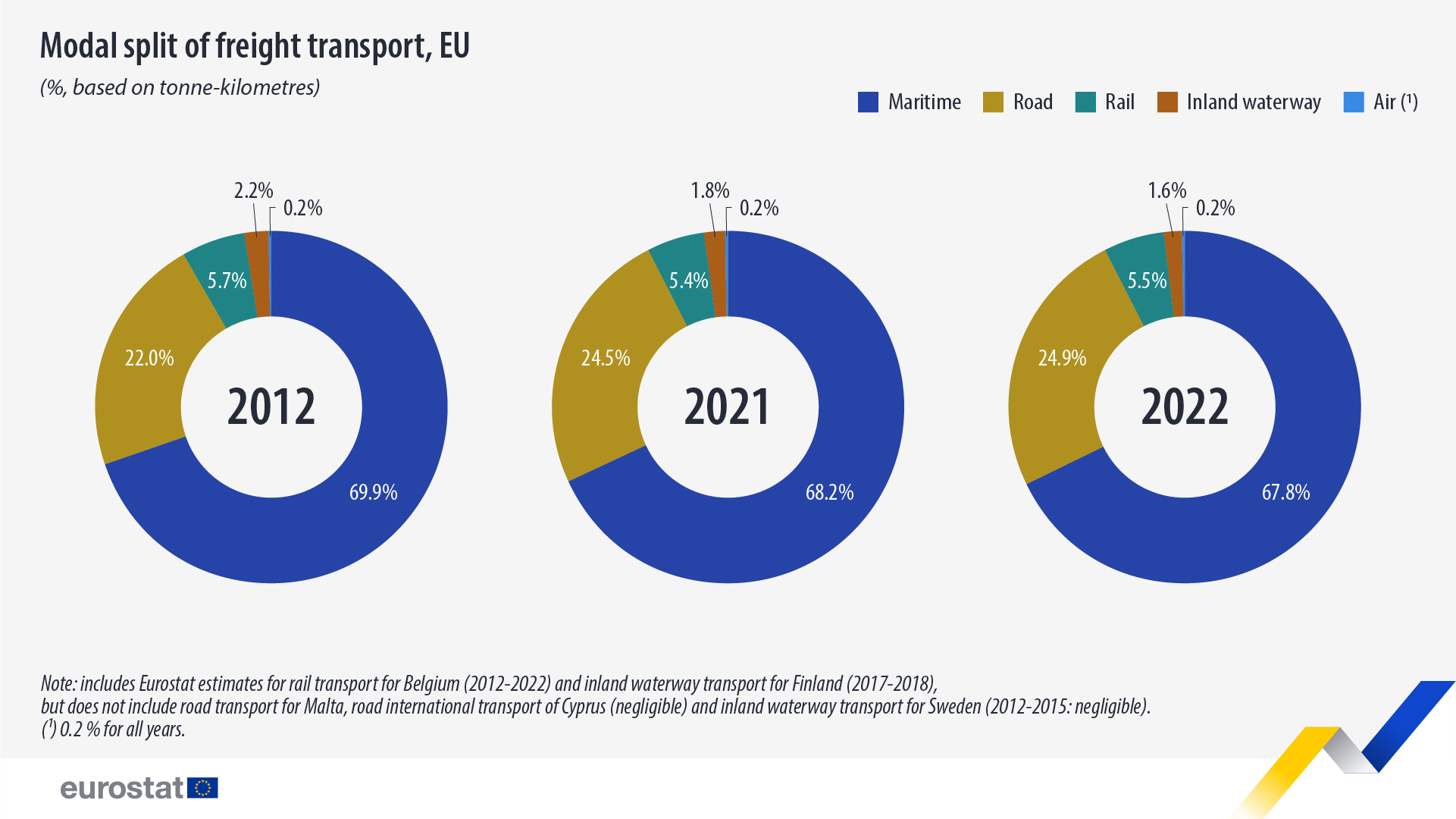It's not financially feasible to electrify trans-continental freight lines with overhead. The only way it happens with batteries; preferably those that can be swapped out for pre-charges ones very quickly at a way station; similar to how the currently treat diesel for engines, and historically (even more frequently) stopped for water and coal for steam engines.
If that process became cheaper than diesel - than it may happen quickly. Otherwise, it could take a very long time. Who knows that other cheap alternate technologies there would be.
Supertrain anyone?









